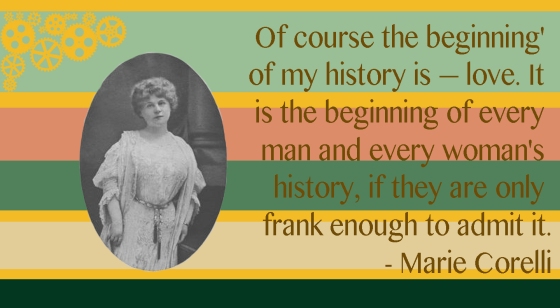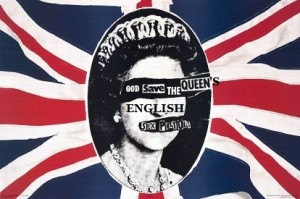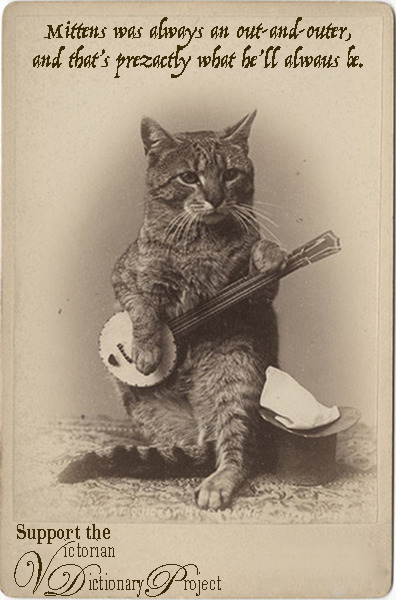 This Valentine’s Day, the heroine in the novel you’re writing dutifully cut a lock of her hair and tied it in a bow for her beau. In return, he’s given her some token of his love, but did you know that means he might literally be giving her some token of his love?
This Valentine’s Day, the heroine in the novel you’re writing dutifully cut a lock of her hair and tied it in a bow for her beau. In return, he’s given her some token of his love, but did you know that means he might literally be giving her some token of his love?
Love tokens originated in the 1700s, but were very popular in this sentimental era – especially in the 1880s. The hero in your novel would visit a jeweller, or some other metal worker, and have the coin decorated at the one pictured above. On the reverse, Nellie might find her beau’s initials and the date. To make it more special, Nellie’s beau has included a picture. If he could afford it, he might have embellished her love token further with precious stones, raised enamel, or cut-out designs within the coin.
The tokens might be made of any metal and became souvenirs, or mementos, of a special time. They might be maid out of actual coins, like a nickel or a dime, and they might have a hole punched in them to allow Nellie to wear it on a chain around her neck. The great variety in Victorian love tokens illustrates how they could be given by a beau of any class. One might take a copper coin and engrave it themself.
Nineteenth-century Nellie may have given a love token to her best friend, her sister, brother, or any other member of her family. They’re making a comeback and are a popular item on sites that sell handmade goods, like Etsy.
Are you giving someone you love a love token on Valentine’s Day?
Support the project through my GoFundMe page, or visit my shop.









